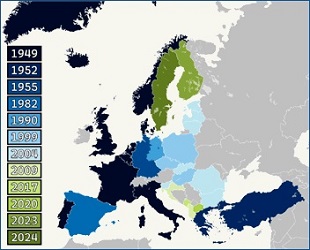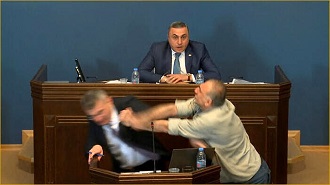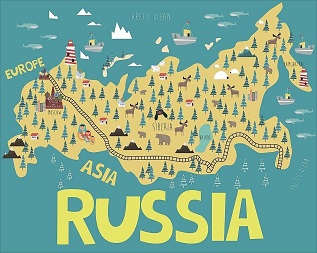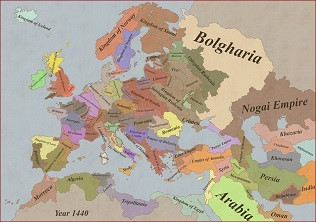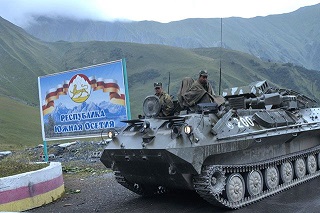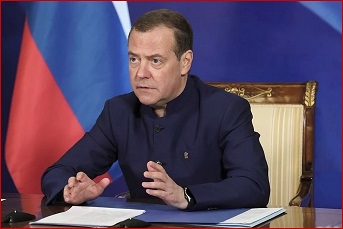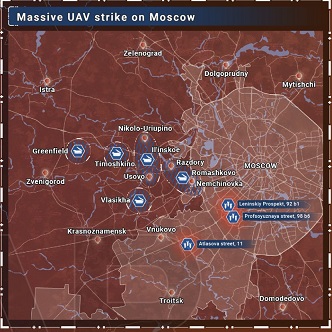Look who's here!
Dmitry Medvedev (Дмитрий Медведев)
Deputy Chairman of the Russian Security Council
Дмитрий Медведев (Telegram)
Look who's here! — A wonderful trio at NATO and the European Commission. Mark Rutte, Ursula von der Leyen and Kaja Kallas. New and old leaders, each more handsome than the other.
Number one. Mark Rutte, former prime minister of the Netherlands and now NATO secretary general. Quite a peculiar guy. In a relatively short time, this moderate figure, whom I once met at summits, has turned into an inveterate Russophobe and a staunch Atlanticist. We will not speculate on what substances from Amsterdam coffeeshops caused such an abrupt change in his mood. The Dutch are peculiar people even against the background of the rest of free Europe. Ostentatious modesty in everyday life is combined with fury on the political podium. He has been hating our country fiercely for some time. An advocate of ever tougher sanctions. He will faithfully follow the course of the classics of paranoid Atlanticism.
Number two. A familiar old, haggard face - Ursula Gertrud von der Leyen. 65 years old. Bad Belgian-German political grandmother. Looks like a medium-sized Volga roach. During the pandemic, she made a good profit on overpriced Pfizer vaccines. Even the usual liberal "kind sort of men" in the European Commission are wary of her. Especially since her record includes her tenure as German Defense Minister, where she also became the heroine of a corruption scandal involving millions of dollars in contracts with "outside consultants".
Already in line for a disgraceful resignation, but the dried roach does not sink. Since 2019, Ursula has risen to the head of the European Commission, where she manically torments her commissioners with non-binary gender identities. At the same time, she is masochistically devoted to her overseas masters and ready to receive any form of approval offered by the gerontological playboys from Washington. She constantly spews malicious nonsense about Russia, without choosing her words.



























